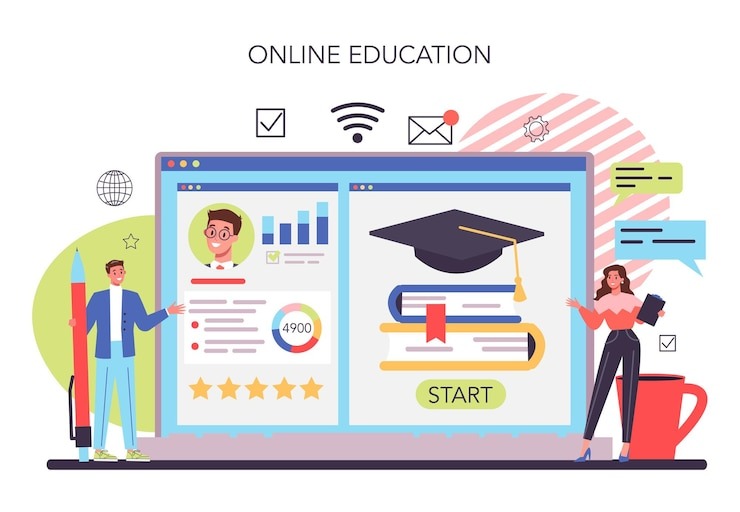In today’s rapidly evolving educational landscape, the integration of technology in school administration has become paramount. One of the most effective tools facilitating this transition is school ERP software. With the implementation of the New Education Policy (NEP) 2020 in India, educational institutions are urged to adopt innovative practices that enhance learning experiences and streamline management processes. This article explores the benefits of school ERP software and its alignment with the goals of NEP 2020.
Understanding School ERP Software
School ERP (Enterprise Resource Planning) software is a comprehensive solution designed to manage various administrative and academic functions within an educational institution. From admissions and attendance tracking to grade management and communication, ERP systems centralize data and automate processes, ensuring efficiency and accuracy.
Key Features of School ERP Software
- Centralized Database: All data related to students, staff, and academic resources are stored in a single platform, making information retrieval quick and efficient.
- Attendance Management: Automated attendance tracking reduces manual errors and helps in generating reports for monitoring student engagement.
- Academic Management: Tools for managing grades, report cards, and curriculum planning streamline academic processes and provide insights into student performance.
- Fee Management: Schools can easily manage fee collections, reminders, and financial reporting, enhancing transparency for parents and administration.
- Communication Tools: Built-in communication features facilitate seamless interactions between teachers, students, and parents, promoting a collaborative educational environment.
The New Education Policy 2020: A Brief Overview
The New Education Policy 2020, introduced by the Government of India, aims to overhaul the existing education system to make it more holistic, flexible, multidisciplinary, aligned to the needs of the 21st century, and aimed at bringing out the unique capabilities of each student. Some of the key objectives include:
- National Educational Technology Forum: Encouraging the use of technology in education.
- Multilingualism: Promoting education in the mother tongue and encouraging the learning of multiple languages.
- Skill Development: Integrating vocational education into mainstream schooling.
- Holistic Assessment: Shifting focus from rote learning to competency-based learning.
How School ERP Software Supports NEP 2020 Goals
1. Enhancing Technological Integration
One of the primary goals of NEP 2020 is to integrate technology into the education system. School ERP software provides a digital infrastructure that supports online learning, data management, and administrative efficiency. This aligns with the policy’s emphasis on a National Educational Technology Forum, fostering an environment where educational institutions can innovate and leverage technology effectively.
2. Promoting Holistic Learning
The NEP encourages a shift towards a more holistic approach to education. School ERP software facilitates personalized learning experiences through data analytics, allowing educators to tailor teaching methods and resources to meet individual student needs. By tracking student progress and identifying areas for improvement, schools can implement strategies that promote comprehensive development.
3. Supporting Multilingual Education
With the NEP advocating for multilingualism, school ERP software can play a vital role in offering language options for both administration and learning materials. This ensures that educational content is accessible to all students, irrespective of their linguistic background, fostering an inclusive learning environment.
4. Streamlining Skill Development
The integration of vocational education into the curriculum is a key aspect of NEP 2020. School ERP software can help schools manage skill-based programs, track student participation, and assess outcomes. By providing a structured approach to skill development, these systems support the policy’s vision of preparing students for future job markets.
5. Facilitating Effective Communication
NEP 2020 emphasizes the importance of stakeholder engagement, particularly between parents and schools. School ERP software includes communication modules that allow for easy sharing of information regarding academic performance, events, and announcements. This fosters a sense of community and collaboration among parents, teachers, and students.
Conclusion
The introduction of the New Education Policy 2020 marks a significant step towards transforming the Indian educational landscape. As schools strive to align their practices with the policy’s objectives, adopting school ERP software emerges as a strategic move. By leveraging technology to enhance administrative efficiency, support holistic learning, and promote skill development, educational institutions can better prepare students for a dynamic future. In an era where education is continuously evolving, embracing these tools will be crucial for fostering an environment of growth and innovation.

